Advancing Clinical Care and Research with Confidence
care trends across the nation.
Advancing Clinical Care and Research with Confidence
Gain tailored insights into cardiovascular trends across the nation.
The Challenge
Patient Enrollment Is Time Consuming and Costly
egnite provides a more targeted, efficient way to conduct trials and research:

Find the Right Patients
at the Right Time
Using artificial intelligence and advanced data processing to pre-screen for eligible patients

Streamline Enrollment
Improve efficiencies by up to 55% compared to traditional screening techniques

Discover Key Drivers
of Patient Attrition
Enhance patient and site selection
PARTNERS



The Data ![]()
Welcome to One of the Largest Ecosystems of Real-World Cardiovascular Data

Longitudinal, echo and EHR data validated by clinicians daily

Leading-edge big data processing techniques scan over 3,000 unique data points per patient, updating data nightly

Proprietary NLP transforms unstructured echo data into usable information

Geographically diverse dataset from across the U.S.

Proprietary NLP transforms unstructured echo data into usable information

Geographically diverse dataset from across the U.S.

Longitudinal, echo and EHR data validated by clinicians daily

Leading-edge big data processing techniques scan over 3,000 unique data points per patient, updating data nightly
*Data from egnite’s de-identified database of 40 teaching and non-teaching US institutions with appropriate permissions.
Our Products
egnite Therapy Accelerator
for existing therapies
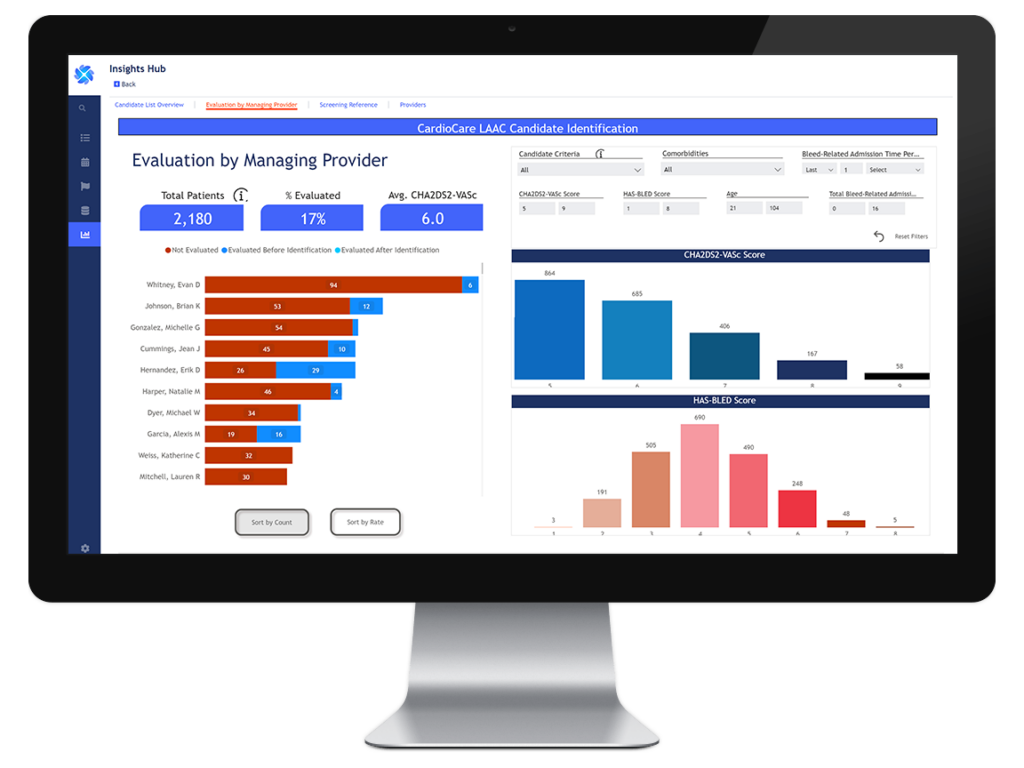

for existing therapies
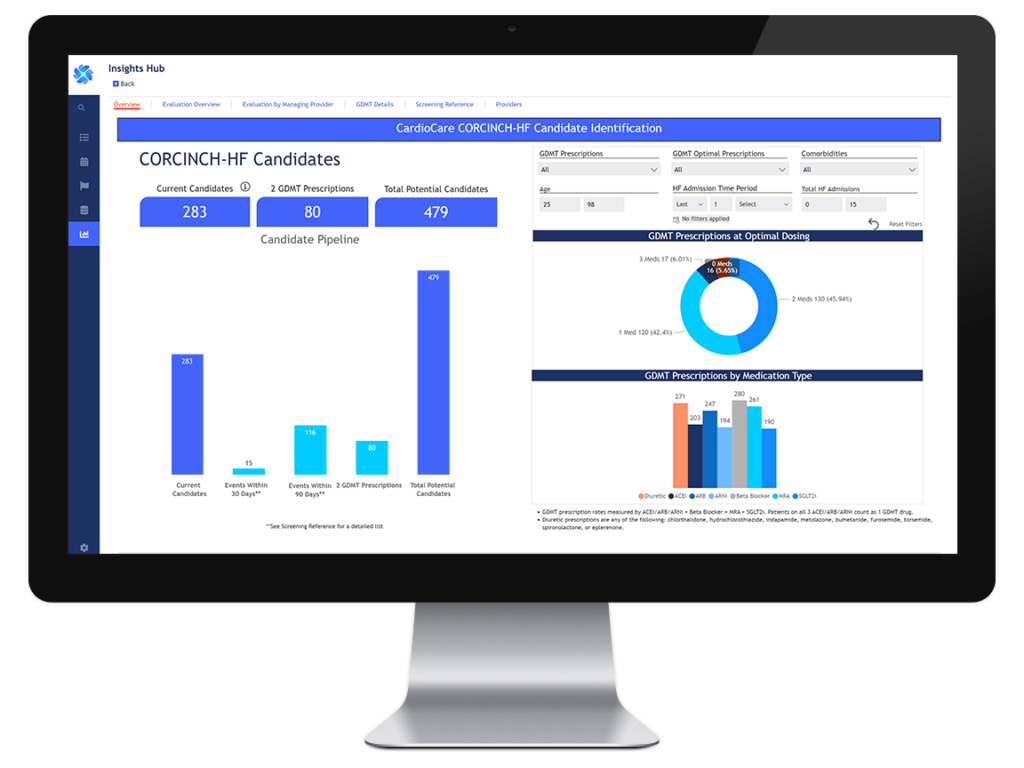
for clinical trials
egnite Research
Collaborate to answer contemporary questions in cardiovascular disease:

Heart
Failure
Atrial
Fibrillation

Mitral
Regurgitation

Mitral
Stenosis

Tricuspid
Regurgitation

Aortic
Regurgitation

Aortic
Stenosis
Presented or Published In
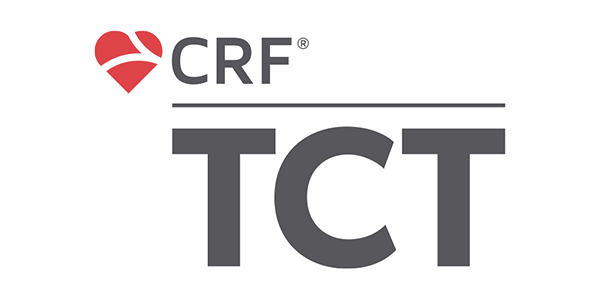


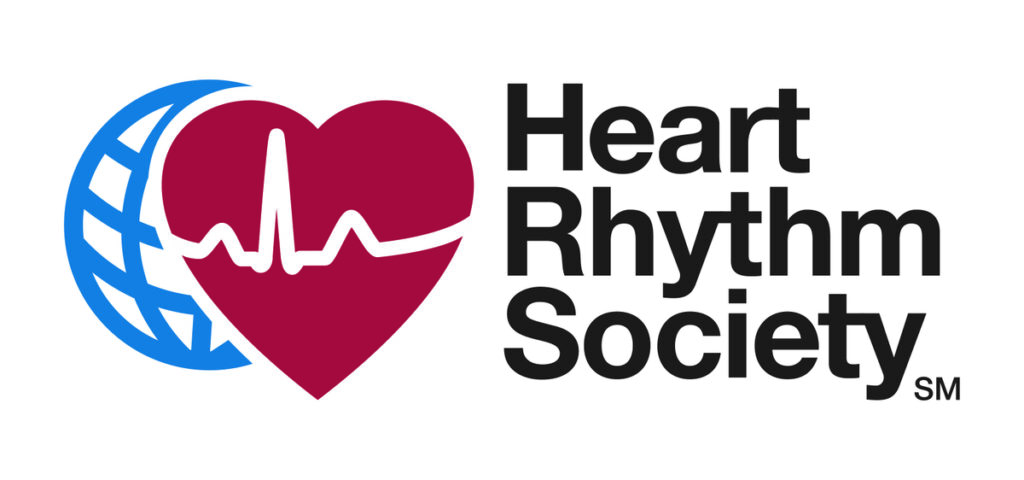




Testimonials
Leading life sciences organizations partner with egnite to expand the boundaries of research and care.

JenaValve

Ancora Heart
Resources

egnite, Inc., a leading digital health company specializing in cardiovascular care, today announced the addition of two distinguished physicians, Vinod H. Thourani, MD and Nicholas Amoroso, MD to its Medical Advisory Board. Their wealth of expertise in cardiovascular care and dedication to innovation will significantly contribute to egnite’s mission to improve cardiovascular patient care nationwide.
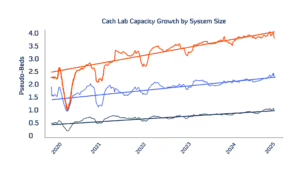
Heart failure with a preserved ejection fraction (HFpEF) accounts for more than half of all heart failure cases and carries significant morbidity and mortality risk, especially after hospitalization1. Historically, management of the disease is largely focused on comorbidity management and lifestyle modifications, given that available therapies had not demonstrated sufficient impact on hospitalization burden or mortality. In recent years, however, the treatment paradigm for HFpEF has shifted, with a growing emphasis on SGLT2 inhibitors (SGLT2i). Originally developed to lower blood glucose levels in diabetic patients, several clinical trials have firmly established that SGLT2i is also beneficial for patients living with HFpEF2.

Heart failure with a preserved ejection fraction (HFpEF) accounts for more than half of all heart failure cases and carries significant morbidity and mortality risk, especially after hospitalization1. Historically, management of the disease is largely focused on comorbidity management and lifestyle modifications, given that available therapies had not demonstrated sufficient impact on hospitalization burden or mortality. In recent years, however, the treatment paradigm for HFpEF has shifted, with a growing emphasis on SGLT2 inhibitors (SGLT2i). Originally developed to lower blood glucose levels in diabetic patients, several clinical trials have firmly established that SGLT2i is also beneficial for patients living with HFpEF2.
